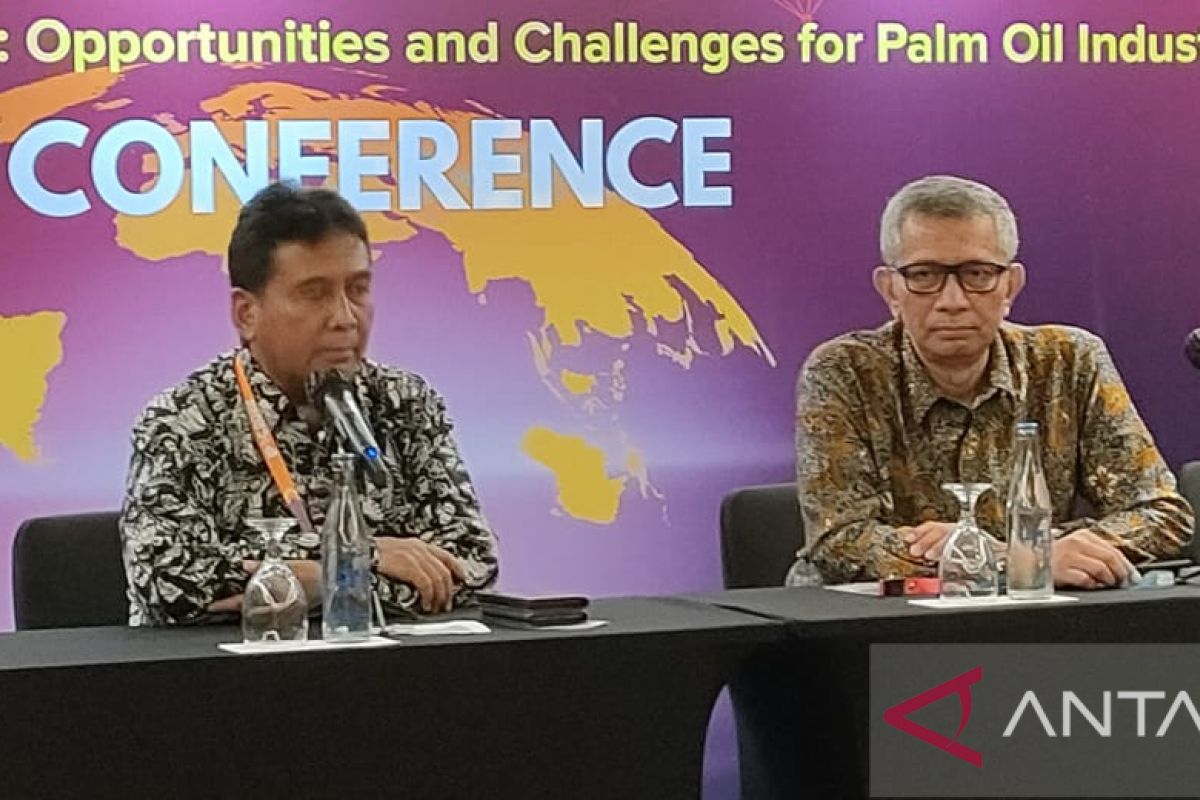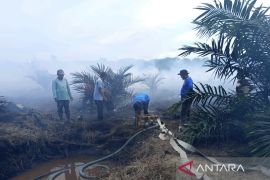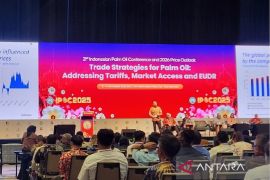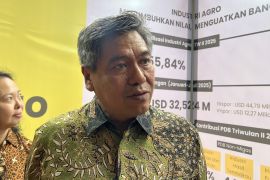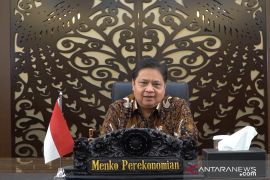Head of Taxation and Fiscal Affairs of GAPKI Bambang Aria Wisena stated here on Thursday that the palm oil industry has the ability to survive and protect the Indonesian economy in the midst of various crises.
"The palm oil industry has contributed Rp500 trillion to the country's export foreign exchange every year. In addition, this commodity creates employment for 16 million people," he noted on the sidelines of the 2022 Indonesian Palm Oil Conference (IPOC).
Similar optimism was also echoed by General Chairperson of the Indonesian Employers' Association (Apindo) Haryadi B. Sukamdani, who said that the national palm oil industry would not experience a crisis, as it is a primary industry that produces food and other products, such as energy and other derivative products.
He emphasized that after successfully emerging from two economic crises, the industry is currently able to contribute up to US$35 billion in foreign exchange and absorb up to 17 million workers.
However, he emphasized the need for the government, especially related ministries, such as the Ministry of Agriculture and the Ministry of Trade, to channel greater attention to the industry.
He cited an example of the policy of banning the export of crude palm oil (CPO) that was implemented some time ago. He considers the policy to be detrimental to the national palm oil industry. The policy, on the other hand, benefits neighboring countries that are also palm oil producers.
Hence, Sukamdani emphasized the need for GAPKI to be more vociferous in highlighting the actual conditions to the government, so that in future, the palm oil industry will no longer be marginalized.
Related news: President Jokowi expects Tanjung Ular Port to boost tin, CPO trade
Related news: BSN issues SNI on red palm cooking oil production
Translator: Subagyo, Katriana
Editor: Rahmad Nasution
Copyright © ANTARA 2022
